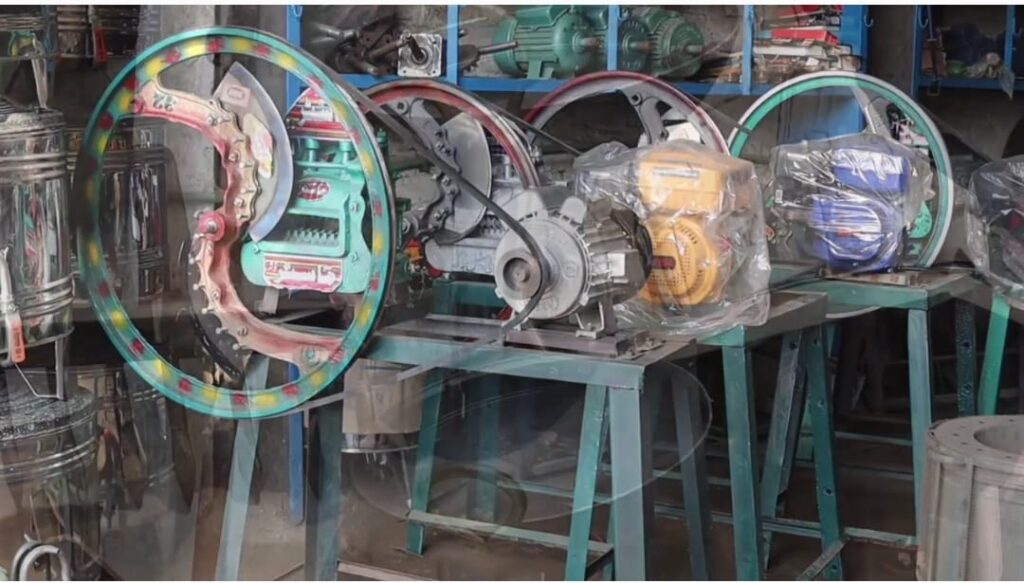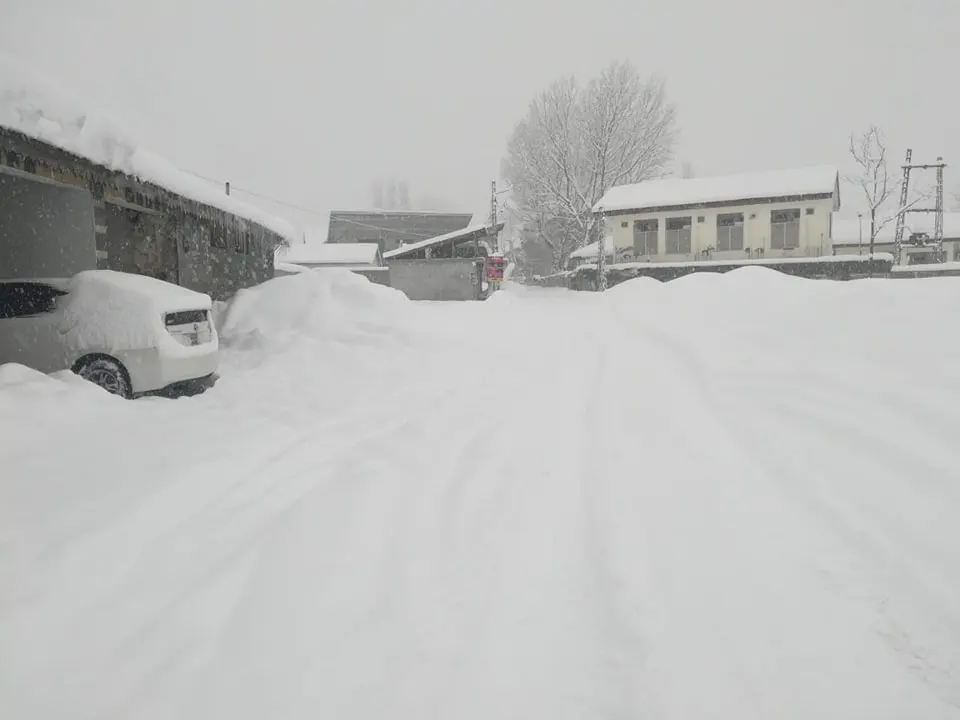MARDAN(AKHUNZADA FAZAL HAQ AND NADER KHAN ): Mardan’s Gujar Garhi Bazaar, once known as “Mini Gujranwala”, today presents a scene of decline and desolation that brings tears to the eyes of the residents of the area. Once this bazaar was the heart of small industries in Khyber Pakhtunkhwa, where the manufacture of agricultural and domestic machinery was not only supporting the local economy but also the livelihood of thousands of families.
But today the machines are silent, the stoves are cold and the artisans are wandering in search of employment. There was a time when the streets of Gujar Garhi used to resonate with the clang of iron and the rumble of machines. Here, sickles, linter machines, thresher machines, geysers, tractor trolleys and other agricultural equipment were manufactured on a large scale.
The artisans worked day and night, the factories of the owners ran smoothly and these products were supplied not only to Mardan but also to Peshawar, Charsadda, Swabi and surrounding districts. Locals used to proudly say, “This is our mini Gujranwala.” Times have changed and circumstances have changed. Today, the situation is that about 150 factories have closed and about 1,500 workers have become unemployed.
The few factories that remain are also fighting for their survival. Most of the owners have laid off workers and are running menial jobs with their family members. The storm of inflation has broken the back of the industry. Iron prices are skyrocketing, long and unannounced load shedding of electricity has become the norm, and heavy taxes from above have made the situation worse.
Manufacturer Haji Farman complains that “Once 25 workers worked in my factory, but now they had to lay off all of them. Most manufacturers collect donations to pay the electricity bills. “The government is imposing new taxes every day, which has taken away our children’s livelihood.” They say that since 2020, no government tender has been issued in which these factories can participate.
“We used to provide employment to others, are now looking for work ourselves.” The story of an industrialist named Nasruddin is even more painful. He says, “My shovel factory closed due to inflation. Now, as a father of five children, I am forced to work as a daily wage laborer. The person who used to provide employment is now living in a rented house and wandering around in search of work himself.” Similarly, the plight of the laborers is worse than that of the owners. If the owners are in trouble, the condition of the workers is even worse. An artisan named Mujeeb says, “The work is not available in advance, and even when an order comes, it cannot be completed for months due to power outages.
“Due to this delay, the owner also suffers and we, the workers, also become helpless.” Another craftsman, showing his unfinished machine, says that a deposit was taken on it, but despite the passage of three months, it could not be ready yet due to lack of electricity and is lying rusting in a corner. This story is not just about a few individuals or a few factories, but about the decline of an entire industry.
If the government does not paid attention in time, it is feared that the remaining factories will also close and Gujargarhi Bazaar, which was once the industrial identity of Mardan, will be buried in the pages of history forever. Experts say that if the government provides relief to the local industry, reduces taxes, ensures uninterrupted supply of electricity and reopens government tenders, this industry can once again stand on its own feet.
Otherwise, this area, called “Mini Gujranwala”, will remain limited to only the memories of elders and stories in books. The dilapidated streets of Gujargarhi Bazaar have become a question mark today. This The story is not just one of industry’s decline, but of the survival of thousands of families. If action is not taken today, tomorrow the silent machines and cold stoves here will prove to be a black line on the economic history of this city.
Read also:Gas price hike for industries, power sector from July 1st





